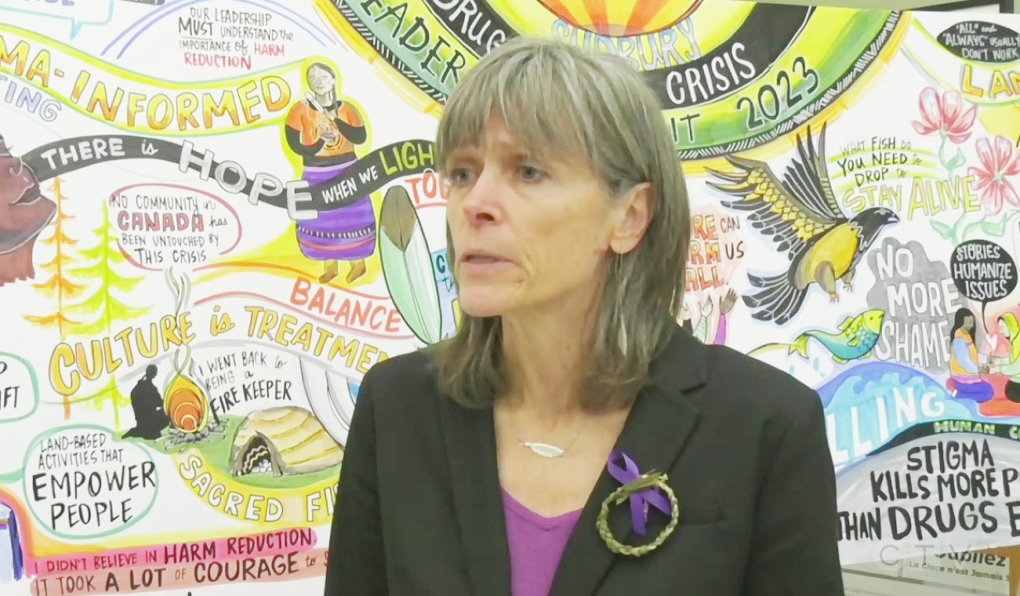
By Rosalind Russell – Public Health Sudbury & Districts has released a detailed report on strategies to deal with toxic drugs.
The report documents the priorities from the December 7 and 8, 2023, Greater Sudbury Summit on Toxic Drugs.
Dr. Penny Sutcliffe, Medical Officer of Health says the Summit was organized based on an understanding that the challenges require unified efforts to stop the preventable deaths and suffering caused by toxic drugs in the area.
She adds Summit participants identified overarching priorities including the need to address structural stigma, enhance collaboration, remove barriers to access, and secure sufficient funding for long-term impact.
Dr. Sutcliffe says they also mapped out priority actions for the three streams of the Summit with the number one priority being health promotion, wrap-around supports including affordable housing, and substance use care.
She adds staff and the agencies partners will be meeting soon to implement the actions.
They are:
- Health promotion: Create a comprehensive strategy for youth that fosters resilience, ensuring that the voices of youths guide the development.
- Wrap-around supports: Increase supportive, transitional, and affordable housing.
- Substance use care: Identify a lead agency to assist in service navigation for people who use drugs and to highlight gaps in these services, enabling organizations to collectively address them.
Indigenous teachings were incorporated in all aspects of the Summit and are highlighted in the report—recognizing the importance of traditional practices and cultural approaches in addressing substance use.
She says like puzzle pieces coming together, the Summit brought diverse leaders and perspectives together, including those with lived and living experience of substance use.
Dr. Sutcliffe adds we were challenged to use our heads and our hearts to better understand the human impacts and to figure out what more can be done.
“With an improved shared understanding, we are now better equipped to stop things that don’t work and ramp up things that do—focusing our energy on saving lives,” emphasizes Dr. Sutcliffe.

 Submit News Tip
Submit News Tip